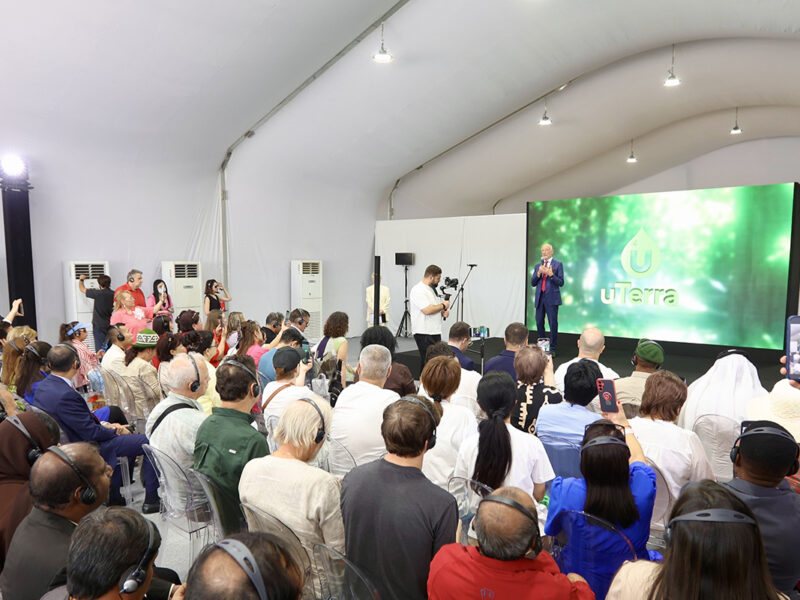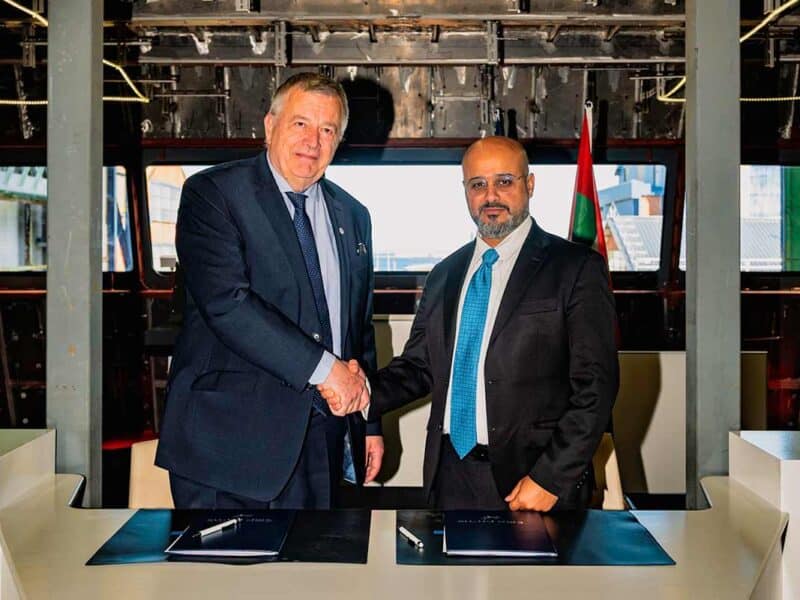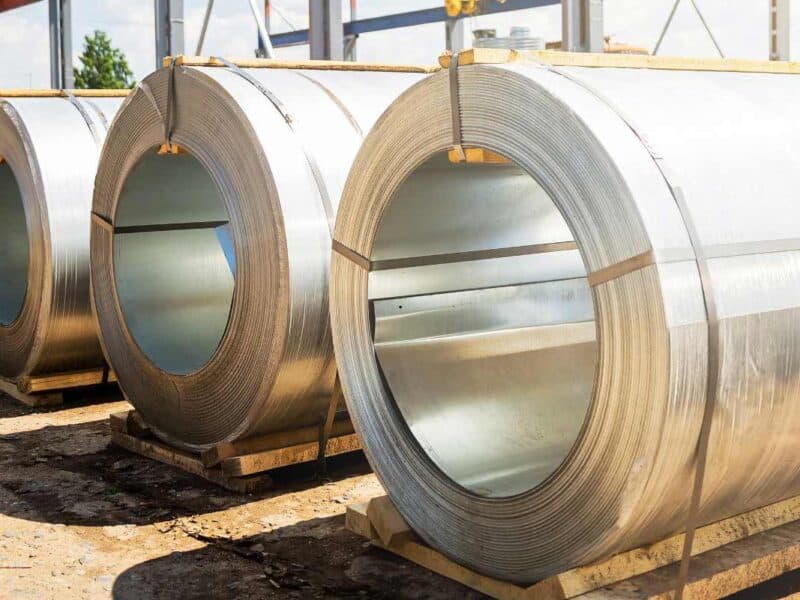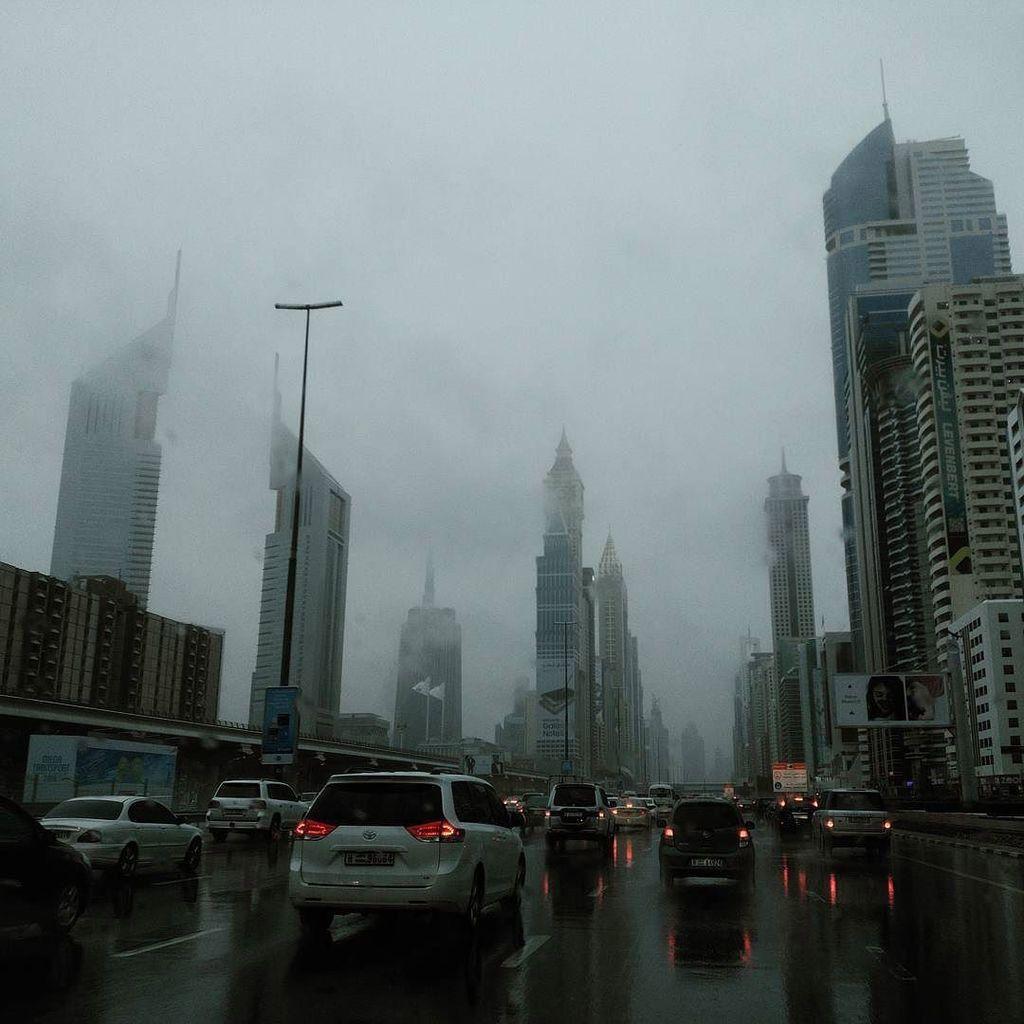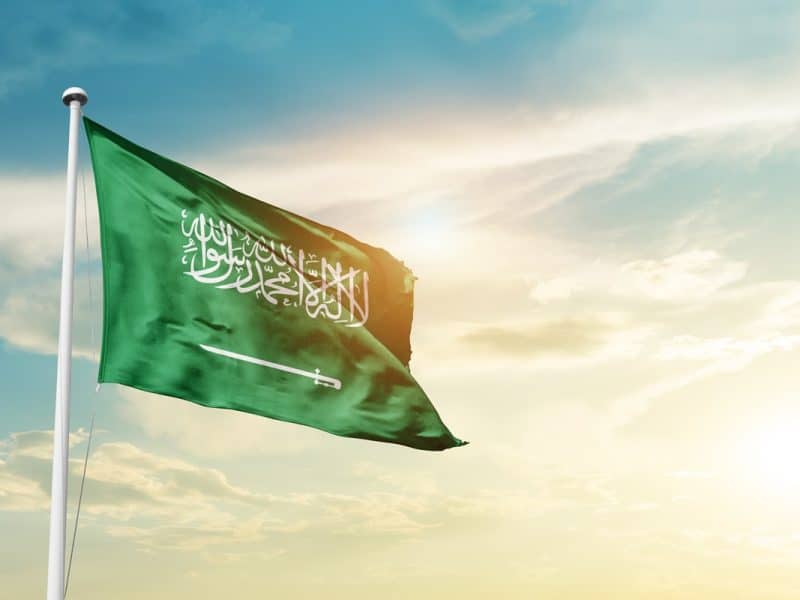A total of 186 missions were sent to seed clouds in the UAE last year, with each aircraft taking about three hours to target five to six clouds at a cost of $3,000 per operation.
Sufian Farrah, a meteorologist at the National Center of Meteorology & Seismology (NCMS) told Arabian Business that almost four times more operations were carried out (75) in the first quarter of this year compared to the same period in 2015, thanks to an increase in the number of available clouds.
In total, $558,000 was spent on cloud-seeding operations in the UAE during 2015.
Farrah said: “[Though] the accuracy for weather forecast is not that accurate, I believe this summer will be more positive than ever because the seasonal weather forecast model for this year is showing the clouds suitable for cloud seeding will increase in summer 2016.”
During winter, clouding-seeding operations are scattered throughout the seven emirates, however in the summer the planes are mostly diverted to the eastern regions of the country, including Khorfakkan, Masafi and Fujairah.
The NCMS has a total of six pilots and six Beechcraft King Air c90 aircrafts for the cloud-seeding projects, which are used in conjunction with weather radars.
Farrah said that while seeding was not guaranteed to result in rainfall – as the technology is still being developed – most of the NCMS’ operations last year produced more rain.
The planes fire potassium chloride, sodium chloride and magnesium into the clouds. The main effective materials are potassium and sodium, which allow vapour in the clouds to transform into liquid. Each operation takes between two and three hours.
Due to the high demand for fresh water in the country, the UAE also has six desalination plants.
“[Cloud seeding] is much cheaper than desalination plants,” added Farrah. Desalinating one cubic metre of water from the sea costs $60, whereas the same amount of water extracted through cloud seeding costs just $1.
“We don’t make rain, but maybe with the Rainfall Enhancement Program, where scientists from across the world are working together, we will be able to make rain,” Farrah said.
The $5 million Rain Enhancement Program is an initiative of the UAE Ministry of Presidential Affairs (MOPA), run by NCMS, which provides grants to up to five innovative research and technology proposals over a three-year period that are trying to find new ways to enhance rainfall.
The UAE currently has 73 automated airport weather stations (AWOS) to measure all weather parameters distributed strategically across the country, plus six weather radars and one upper air station.

